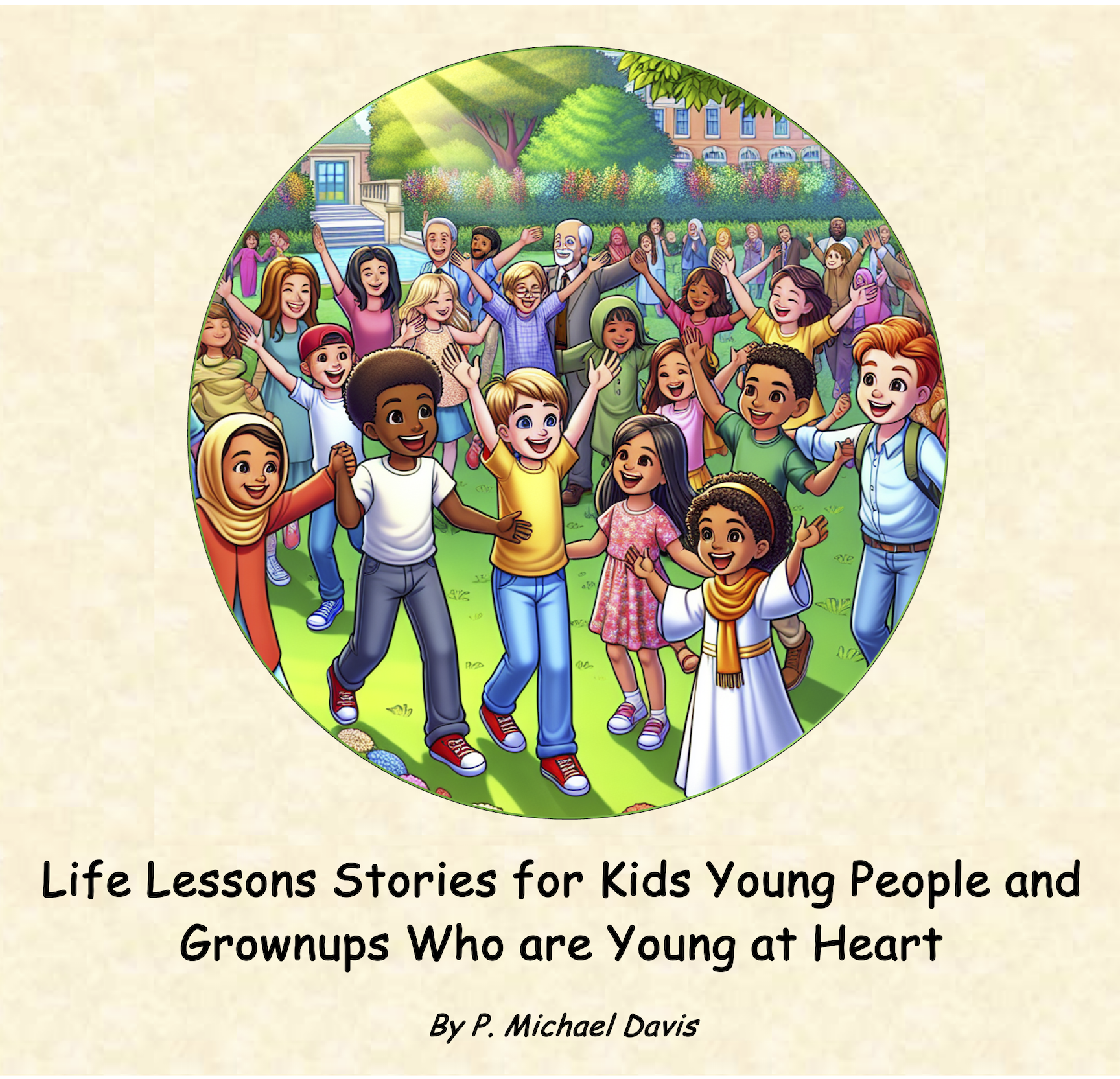Spiritual Adolescent Development

Spiritual Adolescent Development generally is one of the most difficult and yet critical aspects of the process of “growing up.” Both anecdotal evidence and investigational research suggest that spiritual development during adolescence promotes a healthy self-image, improves the ability to cope with change and challenging life events, builds psychological well-being, and enriches academic learning. Given the importance of this aspect of a child’s development, unfortunately it is often minimized or even disregarded in the context of school, community, and even some family settings.
There are many reasons for this lack of attention, but most of them seem to originate in the gap between personal spirituality and religion, cultural and legal issues, and the reality that trying to foster any kind of learning in adolescents is not a job for the faint of heart. Since I have already dealt with some of the issues in the area of personal spirituality and religion in spiritual development-a practical approach, and I am not qualified to argue cultural and legal issues, I would like to concentrate on some of the practical ways to help facilitate spirituality during adolescent development.
So, what does the Maverick Minister know about Spiritual Adolescent Development?
First and foremost, I raised five of my own children through adolescence (which seemed like it would never end). Additionally, I have spent the better part of my almost 50-year career in the area of Spiritual Adolescent Development through teaching, counseling, designing spiritual and character education programs, and working with adolescents and elementary age children. Perhaps most important, at least to me, is that I truly love to work with the adolescent age group. Ages 11 through age 14 (Middle School Kids) are my favorite.
The Primary Realities We Need to Know About Spiritual Adolescent Development
The First Reality - Any kind of learning and/or development, especially adolescent development, requires a guided and nurturing process. Adolescents are beginning to think for themselves but have not yet reached the level of brain development which allows them to function independently. Therefore, they need guided encouragement to build and strengthen the ability to process and internalize concepts on their own. In other words, don’t try and tell an adolescent what to believe or what to think. Instead, guide and encourage them to find the right questions and then help to facilitate ways in which they can formulate their own answers to those questions with your loving and positive support. I remember reading once that adolescence is the journey from childhood to adulthood, and that parenting is the privilege of being their companion and guide on that journey.
In my experience, helping children build values and character, enabling them to negotiate social relationships, realize new ideas, formulate new goals, and develop independence is one of the most rewarding adventures in life. If we can realize that concept for ourselves and then approach the opportunity to guide adolescent(s) with joy and patience, the entire journey for everyone will be more enjoyable and our reward more satisfying.
The Second Reality - There is nothing about guiding an adolescent to adulthood that is easy, because each adolescent child is unique and different. Even within the same family, each one will present different challenges to their parent(s) throughout the journey. Just because an older sibling made it through the negative encounters, bumps in the road, and daunting obstacles, don’t think you will be able to manage the next adolescent with less challenges. Each one will walk his or her own path and make his or her own decisions. The important thing to remember is the need for you to be present, engaged, and to provide the same level of loving and supportive guidance even though the personality may be different.
Every adolescent needs and, contrary to what they might say, wants a kind, warm, and strong relationship with his or her parent(s). They need to know they are respected and that their parent(s) are genuinely interested in their journey. They also need to know there are firm but loving boundaries, and while certain destructive activities may be an acceptable topic for conversation at times, they are never an option to be acted upon. Perhaps their most important need is an environment where he or she is never unnoticed, overlooked, or totally autonomous.
I will touch more on the how to specifics of Spiritual Adolescent Development in the pages that follow.
Sensible Spirituality
A down to earth, non-religious, how-to-guide for living with your whole heart and mind
While there are a multitude of books about personal development and spiritual growth, author and storyteller P. Michael Davis goes down a different path by offering a real-life conversation about how to build and maintain a positive and spiritually healthy life.
His approach is thoroughly non-religious, entertaining, and devoid of jaw clenching seriousness. He will walk you through the whys and how tos of spiritual awareness, spiritual relationship building, spiritual love, and spiritual parenting for children and adolescents.
Sensible Spirituality is available, by clicking the book cover above, in kindle, paperback, and audio book formats at Amazon.com.

